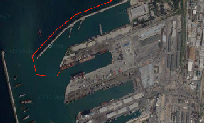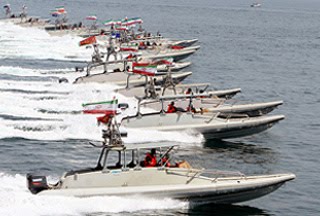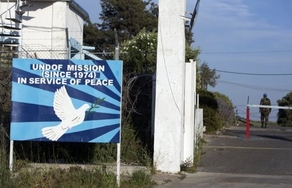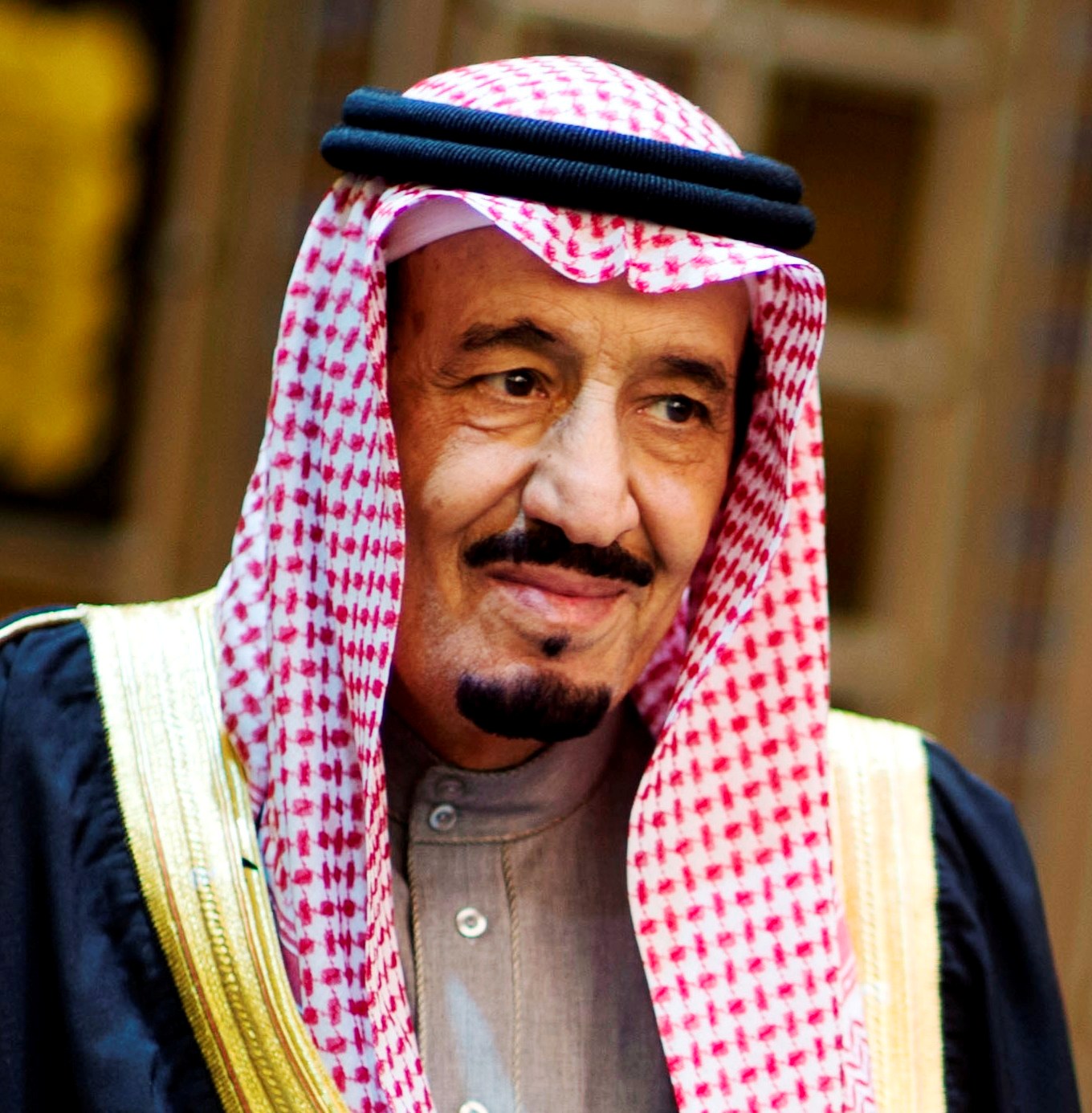[captionpix align=”left” theme=”elegant” width=”400″ imgsrc=”http://natoassociation.ca/wp-content/uploads/2013/09/map.bmp” captiontext=”Satellite image of Tartus Naval Base”]
With accusations (and proof, depending on where you stand) of the usage of chemical weapons and the anxious question: “will the US? won’t the US strike?”, Syria seems to be finally and legitimately cornered. That is, until the stunning defeat of a motion to enable the United Kingdom to intervene alongside the United States in Parliament, a relatively mute Canada, and the lack of outcome at the P5 Security Council meeting on Thursday seemed to temper the possibility of a coalition intervention. And as we witness the United States inching closer and closer to fulfilling a humanitarian mandate while other allies frustratingly oscillate between sending their own forces, who does Syria have in its corner? Explicitly, Russia, China, and Iran. The latter duo have more of an ideological/religious balance to maintain whereas Russia’s military presence and incentives seems to be a more productive partnership.
Russia-Syrian relations can be deconstructed into the trinity of energy relations, military and defense contracts, and Russia’s naval presence in Syria. Stroytransgaz and Tatneft are the largest Russian oil and gas firms in Syria, with the former employing about 80 Russians in the Ar-Raqqah region and engaging in projects worth over 1 billion USD. In addition, Dmitri Trenin noted in The New York Times that from 2000 to 2010, Russian arms sales to Syria valued at over 1.5 billion USD. By 2011, arms contracts between the two countries have totaled to at least 4 billion USD.
Russia’s naval base in the Syrian city of Tartus serves not only as Russia’s entrance into the Mediterranean but also nostalgically symbolizes its last remaining military facility outside of the former Soviet Union. Tartus, like many other Syrian cities, was a hub for various cultural and religious exchanges in the early Greco-Roman, Byzantine, and Islamic eras and is famous for the Cathedral of Our Lady of Tortosa from the Crusader era. Retaining its picturesque shoreline, it is now a favourite vacation spot for wealthy Syrians and foreigners, and doubles as one of Syria’s two major ports facilitating trade from the Mediterranean. In 1971, Russia and Syria signed an agreement establishing a naval base staffed by Russian personnel in Tartus in exchange for debt forgiveness of the Syrians. Using Tartus as a repair and refueling station allows Russia to avoid awkward trips back to its Black Sea bases via straits in (NATO member) Turkey. Russia’s only aircraft carrier, Admiral Kuznetsov, was stationed numerous times just outside of the Tartus port and, after a year of repair, will resume its long-term Mediterranean mission by the end of this year.
Yet others wonder just how important and for how long Tartus will remain in Russian interests. Satellite images show three piers just north of the Porto Tartous Spa and Resort. In 2012, reports claimed that the piers acted as “various maintenance centers” and workers were mostly Russian civilian expats. The New York Times, in an article published in June 2012, noted that just a few years before the start of the civil war in Syria, the facilities in Tartus were so in need of remodeling themselves that the naval station could not dock Russian battlecruiser Petr Velikiy. Similarly, the BBC reported in June 2012 that some claim that “Tartus is not a real naval base” and that at any given time there are a maximum of 50 Russian sailors and technicians onsite. Although Russia is undoubtedly exerting a tremendous effort in maintaining regime stability in Syria and sustaining its economic and military contracts, could Russia already be looking elsewhere to ensure alternative military bases? On 19 June 2013, three Russian warships visited the Cypriot port of Limassol to refuel and replenish supplies. Less than a week after, Cyprus’ Foreign Minister Ioannis Kasoulides spoke with Voice of Russia noting that the Russian Air Force was allowed to use a base in Paphos.
Nonetheless, on 29 August 2013, Russian news agency Interfax reported that Russia was sending two warships (one missile cruiser from the Black Sea Fleet and one anti-submarine ship from the Northern Fleet) to the east Mediterranean. Although this deployment comes right after the United States deployed the Arleigh Burke-class destroyer, USS Stout, to the eastern Mediterranean Sea (where it joins four other Burke-class destroyers on patrol), a senior Russian naval officer denied that the latter two warships was a preventative measure against increased pressures of intervention from the West.
As the United States weighs its “bad, worse, and even worse” options for intervention and the world awaits concrete evidence and reports from UN inspectors, the eastern Mediterranean waters are heating up as rhetoric and relations dramatically cool. While arms sales and the prioritization of Tartus might fluctuate, when it comes to humanitarian intervention, Russia will not negotiate. It is a concept that evokes moral obligation in the West and ultimately gets lost in translation and obscured with a sinister, imperialistic façade when it reaches the Kremlin. Standing firmly by Syria as ever, Russia’s obstinacy leaves global audiences with a scathing tweet from Russian Deputy Prime Minister Dmitry Rogozin last week: “the west handles the Islamic world the way a monkey handles a grenade.”




